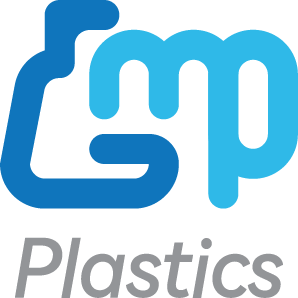REACH (Registration, Evaluation, Authorisation, and Restriction of Chemicals) is a European Union regulation designed to ensure the safe use of chemicals in various industries, including bioprocessing. Established by the European Chemicals Agency (ECHA), REACH aims to protect human health and the environment by controlling the risks associated with chemical substances.
For manufacturers and suppliers of bioprocess plastics, REACH compliance is crucial. It ensures that the materials used in biopharmaceutical manufacturing, lab consumables, and process equipment meet strict safety and sustainability standards.
Why Is REACH Compliance Important for Bioprocess Plastics?
1. Regulatory Requirement for European Market Access
Companies that manufacture or import bioprocess plastics into the EU must comply with REACH regulations. Non-compliance can result in severe penalties, product bans, or loss of market access.
2. Ensuring Product Safety and Quality
Bioprocess plastics are widely used in drug manufacturing, cell culture, and laboratory processes. Compliance with REACH ensures that these plastics do not contain harmful substances that could leach into pharmaceutical or biological products, compromising patient safety.
3. Sustainability and Environmental Protection
REACH promotes the reduction of hazardous chemicals and encourages companies to use safer alternatives. This aligns with the increasing global push toward sustainable bioprocessing and eco-friendly manufacturing practices.
Key Considerations for REACH Compliance in Bioprocess Plastics
1. Understanding SVHCs (Substances of Very High Concern)
Bioprocess plastics must be free from SVHCs, which include carcinogens, mutagens, and toxic substances. Companies must regularly review the ECHA’s updated list of SVHCs to ensure compliance.
2. Material Composition Transparency
Manufacturers and suppliers must provide detailed documentation on the chemical composition of their plastics. This includes disclosing any restricted substances and ensuring proper labeling and certification.
3. Supply Chain Accountability
Compliance is not limited to manufacturers; suppliers of raw materials and additives must also adhere to REACH regulations. Bioprocessing companies should conduct due diligence when selecting plastic suppliers.
4. Ongoing Compliance Monitoring
REACH compliance is not a one-time certification but an ongoing process. Companies must stay updated on regulatory changes, conduct periodic chemical assessments, and ensure continuous adherence to safety standards.
How to Achieve REACH Compliance for Bioprocess Plastics
1. Partner with REACH-Compliant Suppliers
Choose suppliers that provide REACH-certified plastics and maintain strict chemical management policies.
2. Conduct Thorough Chemical Assessments
Regularly test and verify the composition of bioprocess plastics to ensure they remain free from restricted substances.
3. Maintain Comprehensive Documentation
Keep detailed records of material safety data sheets (MSDS), compliance certifications, and supplier declarations for audit and regulatory review.
4. Stay Informed on Regulatory Updates
Monitor changes in REACH legislation and adapt compliance strategies accordingly to avoid regulatory risks.
Conclusion
REACH compliance for bioprocess plastics is essential for regulatory adherence, product safety, and sustainability. By ensuring that materials meet REACH standards, bioprocessing companies can maintain market access, uphold quality, and contribute to a safer and greener industry. Staying proactive with compliance efforts not only safeguards business operations but also fosters trust with customers and regulatory bodies.




